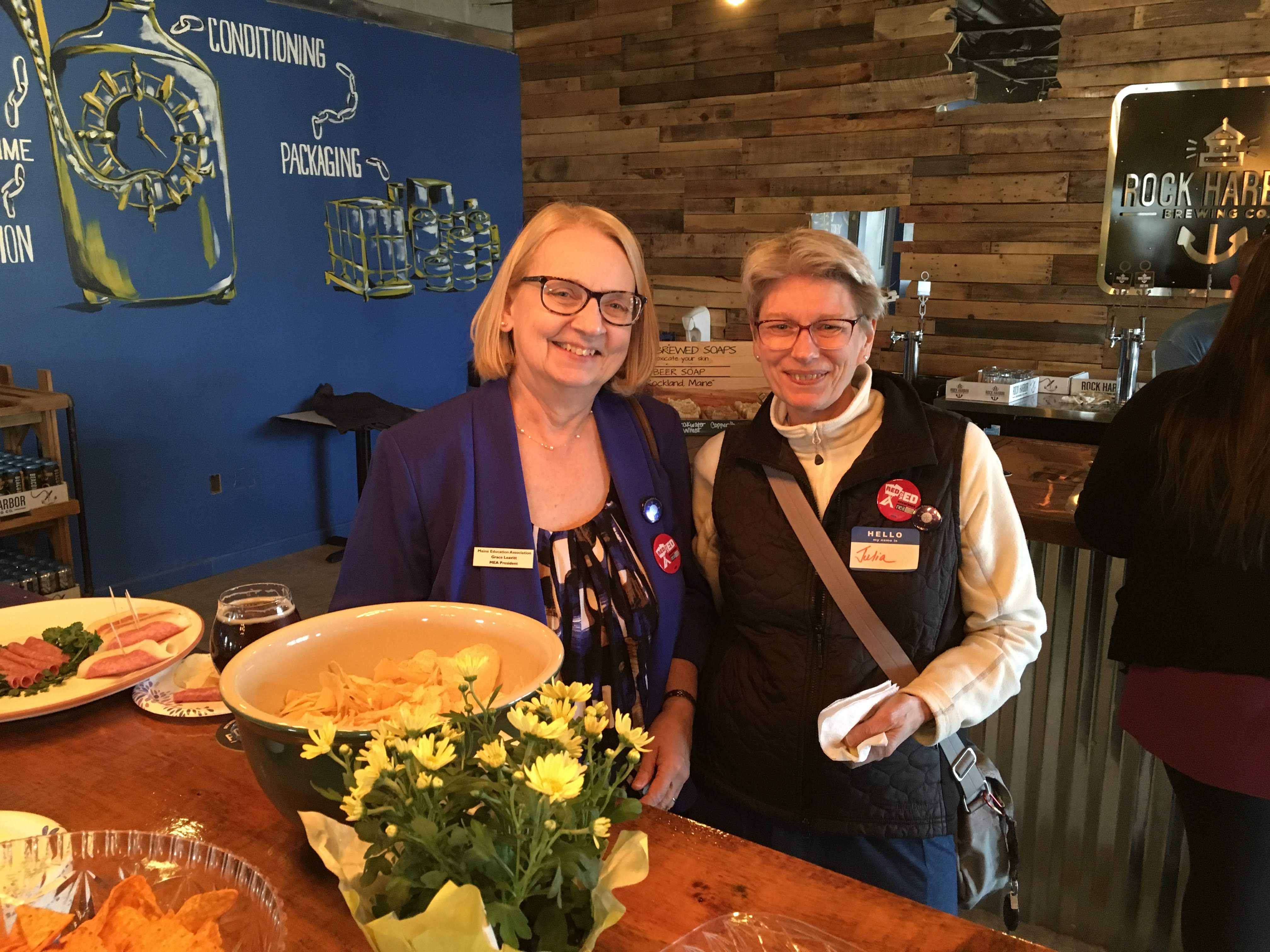Spring has always been my favorite season, and even more so since moving to Maine years ago. I love the month of April especially for many reasons: more hours of daylight, melting snow, a warmer sun—all contribute to a surge of energy and renewed optimism. I found this quote from U.S. writer Susan J. Bissonette: “An optimist is the human personification of spring.”
I believe that educators are the most optimistic of all professionals. While still in the classroom, not a day would go by that I didn’t think to myself, “That student will get it next time” or “This lesson will go a bit better for the next class”. No matter the circumstances, when you work with students, optimism is a requirement of the job!
(Now in this position, I find myself saying, “Maybe I’ll get that done tomorrow…”! Always an optimist…)
As optimists, we truly believe all students can learn, if we can only provide what they need in order to do so. And by that second “we”, I do not mean just the educators—but also the school district, the community, the state, and the nation.
Yet, as we have seen for far too long, not all of our students are getting what they need in order to be successful, even when we (and now I mean just the educators that work with them) fill in the gaps as best we can, whether providing more individual attention, an empathetic ear, or things like school supplies, snacks, or other necessities so that our neediest students don’t go without. Then there are the social and emotional needs of so many that we simply cannot fully address without increased support services.
We—and again, I mean educators here—have worked for years for properly funded schools, for professional salaries and wages. While there is movement towards those goals, we also need to have a say in shaping the conditions in which we teach and work with students—the conditions in which our students learn. The workload in many professions has increased, but when we are talking about educators’ workload and working conditions, the increase has been tremendous, and this has an impact on student learning. Maybe there is less time for you to meet with a struggling student, to give that individual attention, or to give detailed feedback on student work; and, inevitably, there is less time for you to spend with family and for you to recharge.
We do a great job in our schools in Maine and our students accomplish many things. But we have an opportunity now, right now, to make progress on many issues that will make public education in Maine even better. We need to be sure we are seizing this opportunity by standing up, together, and speaking up, loud and clear.
In the past month, I’ve been able to spend a bit more time with students and educators than I have previously since entering this position: students being celebrated for their talents and accomplishments, teachers passionately sharing ideas at conferences, educators being recognized for their dedication to the profession and to students.
In public education, spring is a season of celebrations of many kinds, as well as a season of hope and optimism.
Being an eternal optimist, I have great hopes, if we all rally together, that the voices of educators will be heard and will be listened to, that all educators will truly be respected—shown through actions and not just with words–and that we all will be teaching and working in the great public schools that the students in Maine deserve.
Enjoy this season of well-deserved celebrations, of renewed energy, and let’s all continue to keep the promise of public education alive and well for our students.




